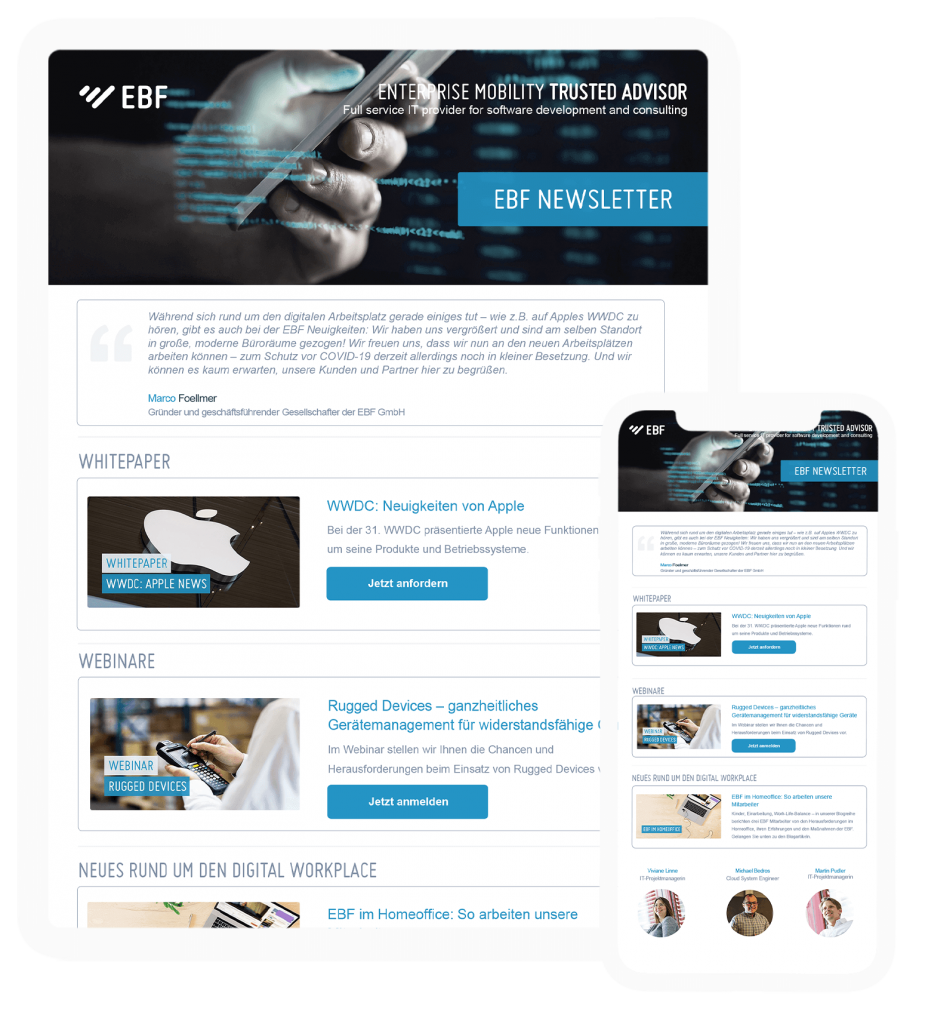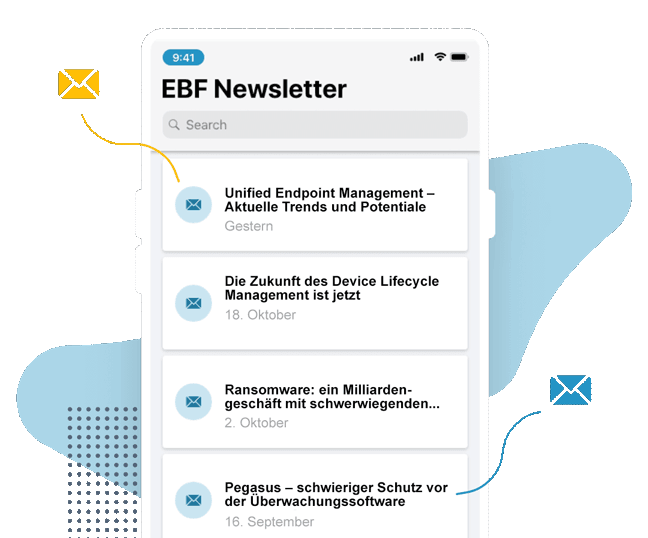The new EU General Data Protection Regulation, the GDPR, has now finally come into force. Despite month-long preparations, there are still many unanswered questions. Such as: does WhatsApp, the popular messaging service, comply with the GDPR in a business environment?
WhatsApp transmits personal data
The problem here is that WhatsApp needs access to the list of contacts on the smartphone and transmits every phone number stored there to the US company’s server. And not only that: despite WhatsApp’s end-to-end encryption, it is also where customer data ends up when colleagues share it via the service.
But the GDPR requires that these data subjects must give their explicit consent every time their personal data is used. And they must be informed about what happens with their data. This, however, is impossible for a company if it does not know how WhatsApp uses this data. And WhatsApp is planning to share user data such as the user’s own phone number with its parent company Facebook and third parties. Only contact details, at least, will not be passed on.
According to the US company, the only way for users to prevent data disclosure is to delete their account and the app.
The alternatives: Enterprise Mobility Management and other apps
Teamwire – Enterprise messaging tool
If you have any questions on this subject, please feel free to contact us.











